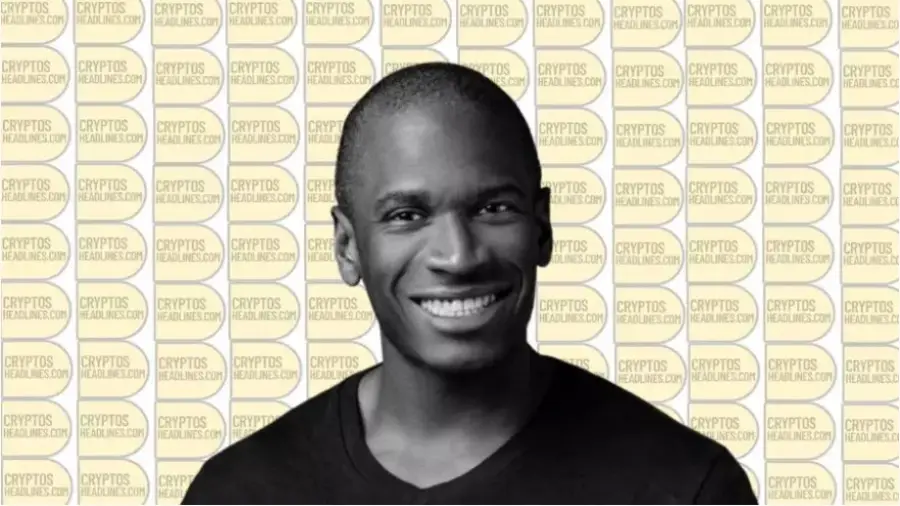By around 2030, the first cryptocurrency will likely be used as global money, according to the vision of its creator Satoshi Nakamoto. This forecast was presented by the founder and CEO of CryptoQuant, Ki Yoon Ju.
#Bitcoin will likely be used as a “currency” around 2030.
Bitcoin’s mining difficulty, which reflects the intensity of competition, has consistently hit all-time highs, increasing by 378% over the past three years.
While 50 BTC could be mined with a single PC in 2009, it has… pic.twitter.com/lY8pRreZCl
— Ki Young Ju (@ki_young_ju) October 24, 2024
In support of his position, the expert pointed to the increase in mining difficulty – +378% over the past three years. This leads to higher barriers to entry for Bitcoin mining and the dominance of large institutional players in the industry.
This trend, in turn, reduces the volatility of digital gold and makes it attractive as an established investment asset. By the halving of 2028, the cryptocurrency’s potential in this regard will only increase, the head of CryptoQuant is sure.
The likelihood of Bitcoin adoption as a currency will increase as users become more familiar with wallets and stablecoins. This will be facilitated by the improvement of the protocol, the development of L2 solutions and “wrapped BTC” options.
Ki Yoon Joo noted that large players like Stripe are entering the “stable coin” infrastructure market. In the next three years, the expert expects this process to accelerate as an adequate regulatory framework becomes available.
Let us recall that, according to billionaire Mark Cuban, Bitcoin can become a global reserve currency against the background of the failure of this role by the dollar.
BlackRock CEO Larry Fink believes that Bitcoin is an alternative to gold and other exchange-traded commodities, and the adoption of the asset as such will continue to grow.
Stay informed! Subscribe to World Stock Market in Telegram.
Source: Cryptocurrency
I am an experienced journalist and writer with a career in the news industry. My focus is on covering Top News stories for World Stock Market, where I provide comprehensive analysis and commentary on markets around the world. I have expertise in writing both long-form articles and shorter pieces that deliver timely, relevant updates to readers.







